Estimated reading time: 7 minutes
Parakeets, with their vibrant colors and lively chirps, make for delightful companion birds. As a pet owner, you know that keeping your feathered friend healthy is a top priority—and that includes knowing if they’re tipping the scales at just the right weight.
But how much should these tiny aerial acrobats weigh? In this article, we’ll examine what factors affect a parakeet’s weight and provide practical tips to ensure your budgie stays in prime flapping form.
By the end of our journey together, you’ll be well-equipped with knowledge on keeping track of your bird’s wellness through those delicate ounces or grams.
Key Takeaways
- A healthy adult pet parakeet weighs between 25 and 50 grams.
- Factors like age, diet, health, and type can change a parakeet’s weight.
- Wild parakeets usually weigh less than captive ones because they get more exercise and have less access to calories in their diet.
- Giving your parakeet a balanced diet with seeds, pellets, fruits, and vegetables is essential to prevent obesity.
- Weigh your parakeet weekly and talk to a vet if you see any big changes in its weight.
Understanding the Average Weight of a Parakeet
Healthy Weight Range for a Parakeet
Parakeets, also known as budgies, in captivity have an average weight range between 25 and 50 grams.
However, this can vary based on age, diet, health, and type of budgie. For example, while American and Australian budgies tend to weigh between 25 and 50 grams, English budgies (also known as show budgies) have a weight range between 40 and 60 grams.
Regular weigh-ins can help track any significant changes. Noticing weight deviations early allows for prompt dietary adjustments or veterinary consultations. A dynamic balance between nutrition and activity levels contributes to sustaining a healthy weight for your pet bird.
Always strive to provide a balanced diet and engage your parakeet in regular exercise. Keeping an eye on the scale empowers you to support the vibrant health of your avian companion.
Comparing Captive and Wild Parakeet Weight
When considering the average weight of a parakeet, it’s intriguing to note the differences between their wild and captive counterparts. These variances stem from factors like diet, environment, and lifestyle.
A captive parakeet often leads to a more sedentary lifestyle due to space constraints in homes and cages. On the other hand, wild parakeets fly considerable distances daily, which naturally keeps their weight lower.
Captive birds may enjoy regular feedings of a richer, high-calorie diet, whereas wild birds forage for food, which can be less predictable and less calorically dense.
Additionally, pet parakeets typically receive regular veterinary care, which can include weight management, while wild birds are subject to the rigors of natural selection and survival challenges.
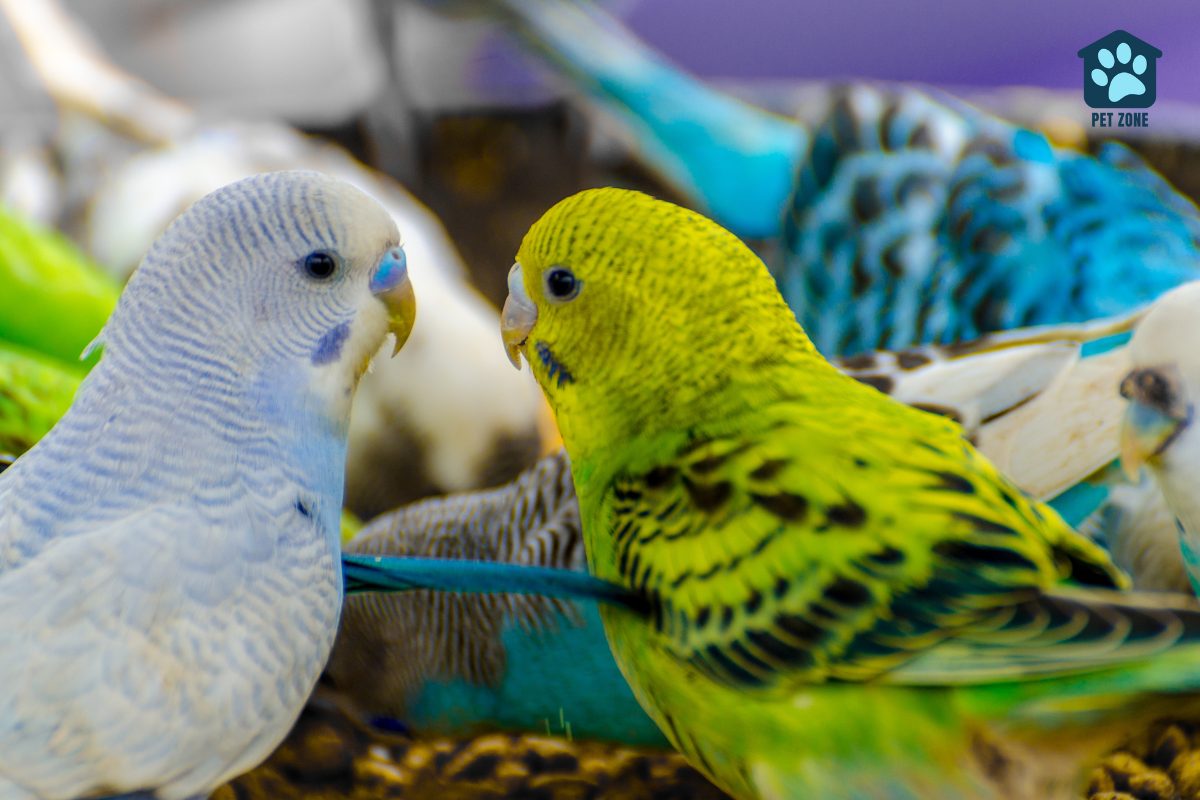
Factors Influencing Parakeet Weight
Age
Young parakeets are still growing and may weigh less than adults. As they age, their weight can change based on muscle development and overall health. Adult budgies usually hit their target weight once they stop growing.
Older parakeets might drop some weight as they become less active and have a decreased appetite. Keep an eye on your bird’s weight throughout its life to make sure it stays healthy.
A pet owner should know that a bird’s age affects more than just its weight. For example, older birds may not learn new tricks as easily as younger ones. They also could have different muscle quality which matters for pet birds that need strong legs for perching.
Diet
Parakeets mainly eat seeds, which are high in fat and energy. High-fat diets can lead to weight gain and obesity in parakeets, so it’s essential to monitor their food intake.
To avoid weight-related health problems, make sure your pet parrot has access to a good mix of seed and pellet-based food along with fresh water at all times.
Vitamin A deficiency and calcium-deficient diets can also affect their weight, so providing a balanced diet with vegetables is crucial.
Owners should ensure that their parakeets have opportunities for physical activity to prevent obesity. Also, be careful about portion sizes – overfeeding your bird can result in obesity or fatty liver disease.
Health
Parakeets can face health issues if they become obese from a seed-based diet. Monitoring their weight is crucial to track their health and recovery from illnesses. Obesity in older birds may lead to diseases such as arteriosclerosis.
Offer your pet parakeet a balanced diet of seeds, pellets, fresh vegetables, and fruits to promote healthy weight and overall well-being. Regularly weigh your parakeet, and consult with an avian veterinarian for the best dietary plan based on its needs.
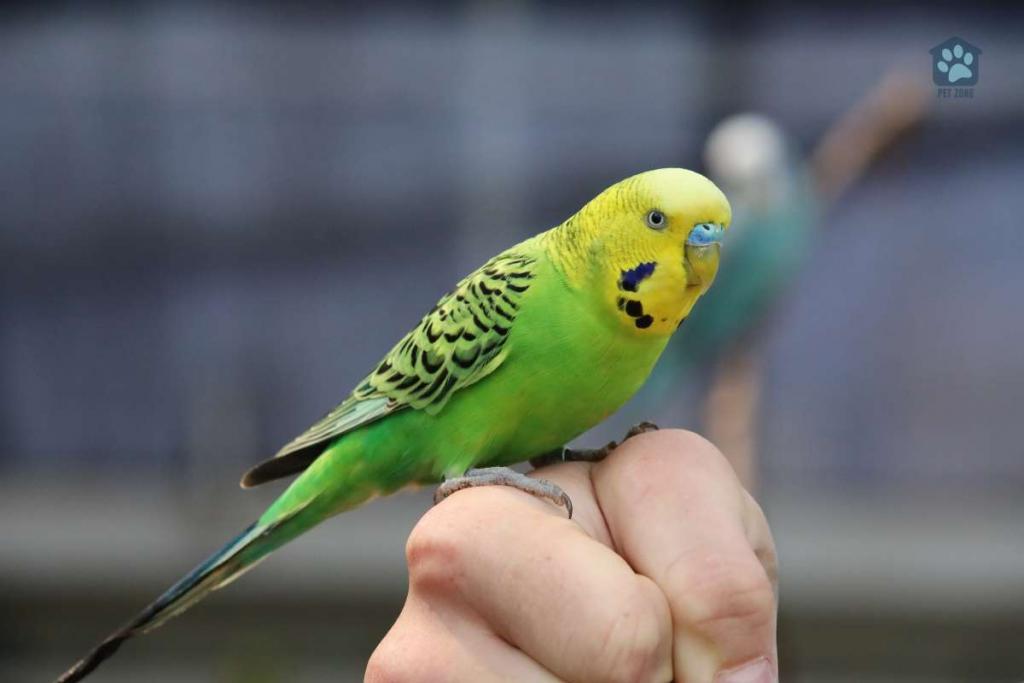
How to Weigh Your Parakeet
To weigh a parakeet, you can use a small, sensitive scale.
Here are the general steps to weigh your bird:
- Place a small dish or container on the scale to confine the bird.
- Turn on the scale and wait for it to zero out.
- Carefully place the bird in the dish on the scale.
- Record the weight and monitor for any significant changes over time.
If the parakeet is untamed, you can weigh it by placing it in a small box on the scale and subtracting the weight of the box.
You can also use treats to entice the bird onto the scale, or target training to encourage it to stay on the scale for a more accurate reading.
Importance of Monitoring Parakeet Weight
Regularly weighing your parakeet is vital for keeping track of its health. By monitoring their weight, you can swiftly detect any unusual changes in their body condition and take necessary action.
This helps in ensuring that your parakeet stays healthy and happy. Additionally, a rise or drop in weight can indicate underlying health concerns, making it crucial to keep an eye on their weight consistently.
Weighing them weekly allows you to spot any potential issues early on and provide the necessary care.
Ensuring that your parakeet maintains a healthy weight is essential for its overall well-being. Regular weighing not only alerts you to any health problems but also helps you maintain accurate records of their progress.
This way, you can promptly address any deviations from their normal weight range and ensure they are receiving the appropriate care they need to thrive. Remember, regular checking of your parakeet’s weight contributes significantly to their long-term happiness and health!
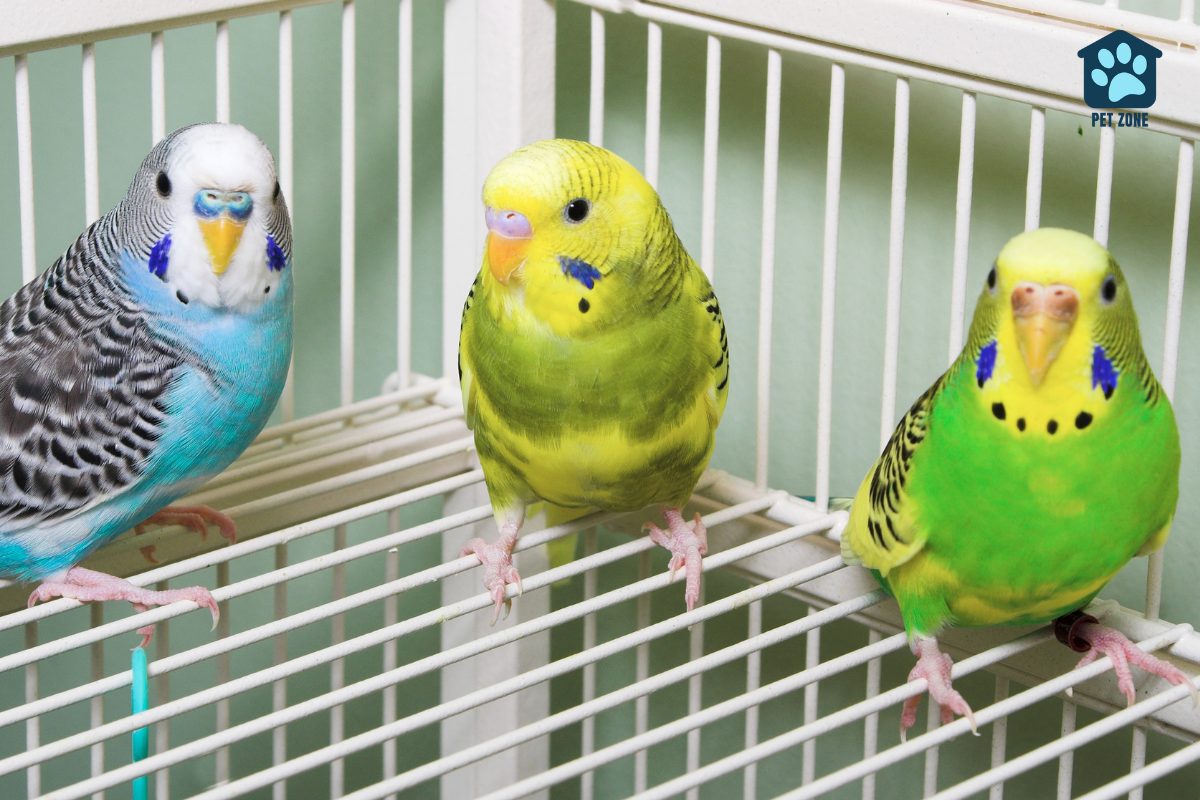
Conclusion
In conclusion, monitoring your parakeet’s weight is crucial for its health and well-being. Ensure it falls within the healthy range of 25 to 50 grams. By understanding factors such as age, diet, and overall health that influence weight, you can proactively care for your pet bird.
Regularly checking its weight and adjusting its diet or environment if necessary will help maintain a healthy lifestyle for your parakeet. Start today by monitoring and regulating your parakeet’s weight as part of responsible pet ownership.
Frequently Asked Questions
A healthy budgie typically weighs between 25 and 50 grams. The weight can vary whether it’s an American budgie or the slightly larger English budgie.
Yes, parakeets can gain or lose weight just like humans. It’s important for your bird’s health to prevent underfeeding and overfeeding by giving a good diet and checking their food and water daily.
Your pet budgie’s weight matters because it can tell you a lot about its health! A sudden weight change could mean your bird is sick, so keep an eye out for that.
You might want to check your parakeet’s weight once a week at the same time of day – this way helps you notice any big changes quickly.
No, every bird is individual—a small American parakeet won’t weigh as much as the bigger English budgies or cockatiels! Wild budgies tend to be much lighter than our pet friends.
Baby budgies will usually weigh less than adult birds because they’re still growing! Make sure they get enough warmth since they can’t thermoregulate well yet—keeping them cozy helps in staying healthy.
As an Amazon Associate I earn from qualifying purchases.
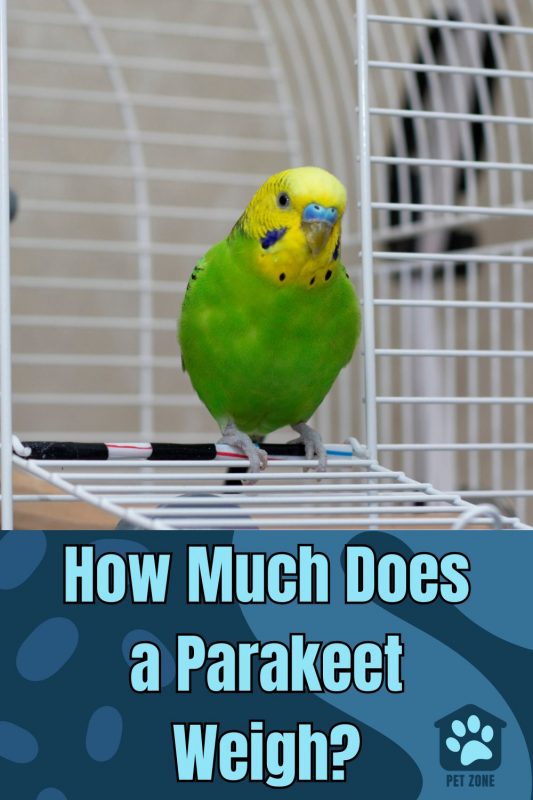


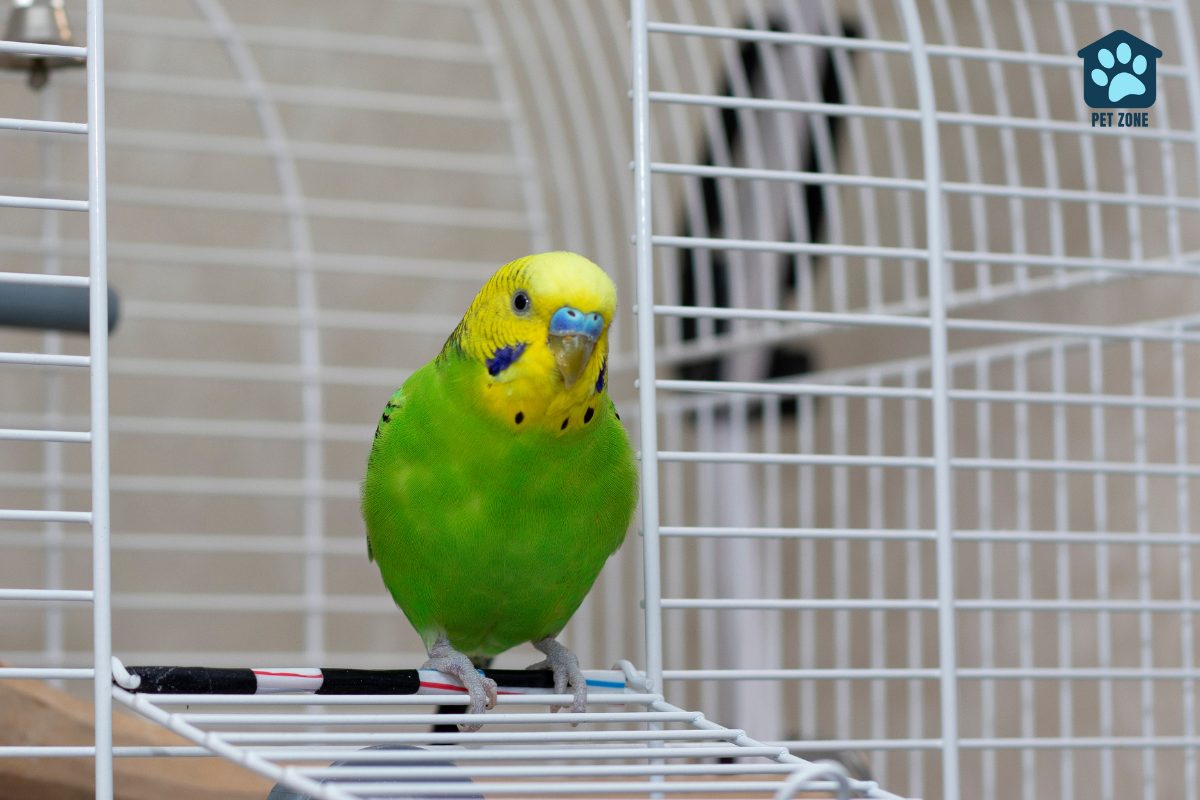


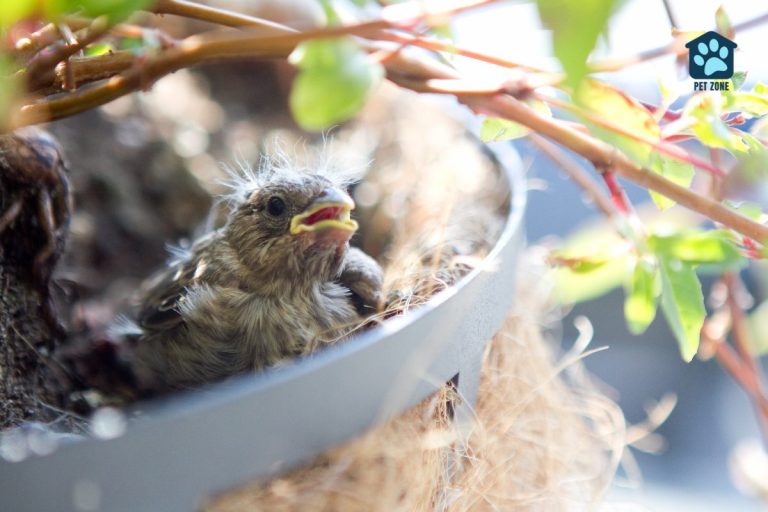



Excellent article!